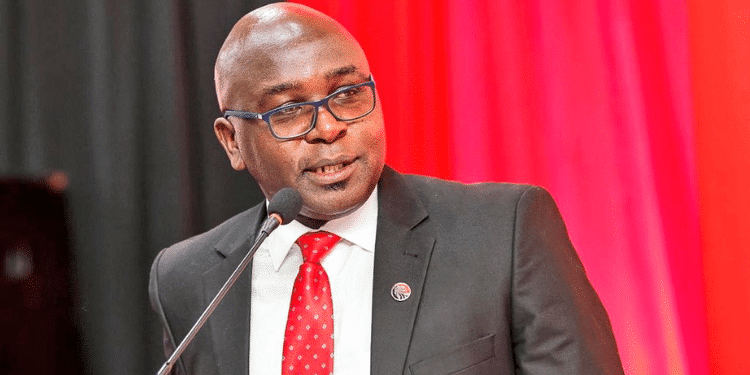The NGO council of Kenya has urged the government to allow for more research into the safety standards of genetically modified organic seeds (GMO) food crops before fully lifting the ban imposed years back.
In a press statement, council chairman Stephen Kipchumba Cheboi said while it is appreciated that faced with the ravaging famine following prolonged drought there is a tendency by the government to relax its guard, it’s critical that scientists at KEMRI and KBS jointly conduct studies to come up with a precise report on GMO food- whether it is fit for human consumption or not.
Mr Cheboi said there have been wide-ranging claims about GMO food crops with some countries in the EU and USA having banned fresh produce from Kenya over claims of GMO and use of unsafe pesticides. The question of GMOs needs further research before we can allow people to eat what might be unsafe food with high levels of radioactivity that could lead to a predisposition to cancer.
“While almost 4 million of our people are facing famine and staring at starvation, is it fair to allow them to eat food not fit for human consumption,” Cheboi said, challenging stage agencies to clarify their findings and make their reports public. Cheboi has further challenged state agencies and civic bodies involved in food relief to ensure the emergency support reaches deserving cases warning that any attempts to divert foodstuffs or relief would face the full force of the law.
“As an NGO we are the third eye devoted to speaking for the voiceless and we will continue to exercise our role as the third eye in the pursuit of social and economic justice. The right to food and a livelihood is a basic human right enshrined in the constitution,” he said. Cheboi said Kenya was fortunate to have an agricultural scientist as president in the person of Dr William Ruto who holds a PhD in Plant Ecology. He said the president can evaluate the GMO debate from an informed position and give directions on the way forward





